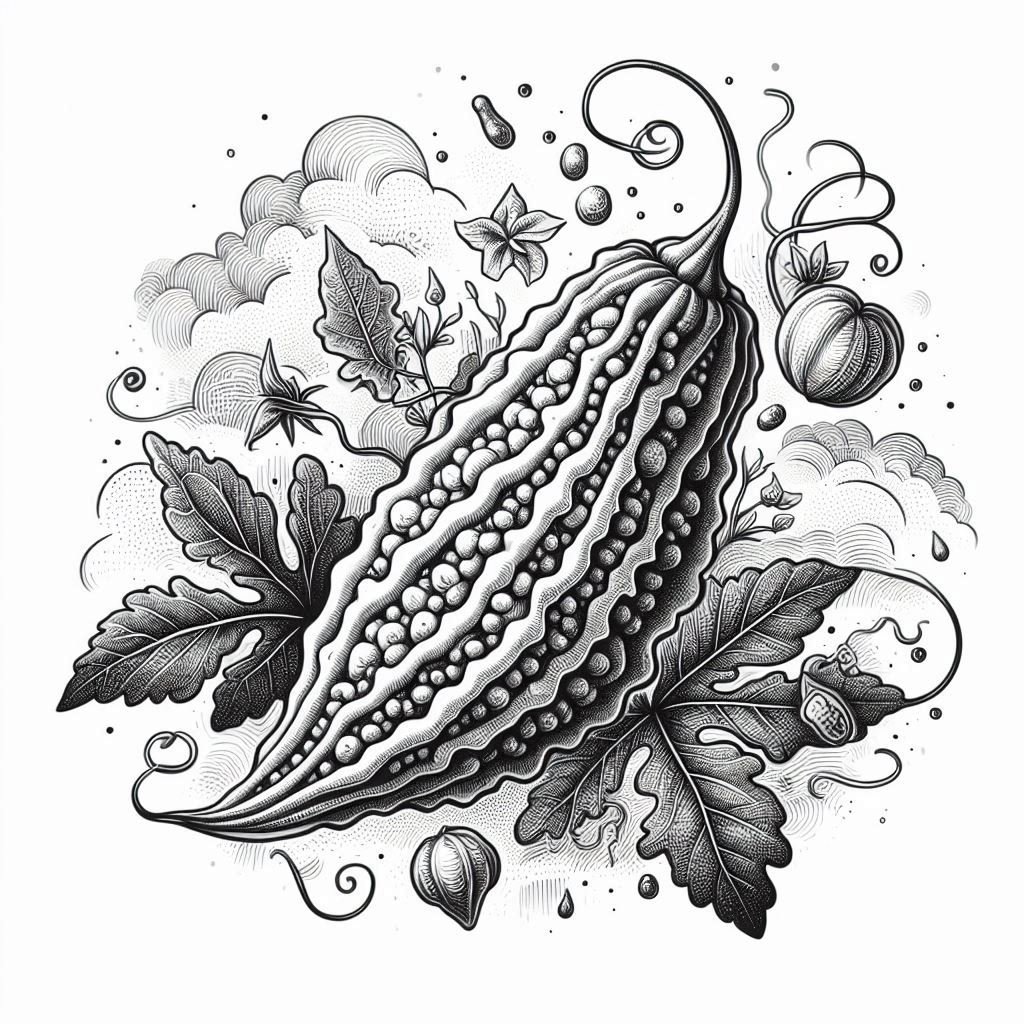Asakusa is touristy but layered—paper lanterns, rickshaws, and the city’s oldest temple, plus alley bars and kissaten tucked behind the souvenir stalls. Kuramae’s next door, quieter, full of coffee roasters, potters, and clean lines.
Temples, Shrines
Kaminarimon Gate. A theatrical entrance to the past, oversized lantern and all. Touristy but iconic. Snap the photo, move on.
Senso-ji Temple & Asakusa Shrine. Tokyo’s oldest temple. The incense smoke, the omikuji fortune slips, the low murmur of prayers. The shrine is right behind Senso-ji, but often overlooked. Shinto simplicity as contrast to Buddhist grandeur.
Matsuchiyama Shoden. A hilltop temple dedicated to Kangiten temple known for daikon radish offerings. Decorative details revolve around the daikon, giving the place a strange charm. Short monorail to top offers accessibility.
Torigoe Shrine. A local Shinto shrine with deep roots and a quiet courtyard. Hosts the lively Torigoe Matsuri in June, but otherwise it’s peaceful.
Parks, Rivers, Old Streets
Nakamise Shopping Street. Crowded, kitschy, and irresistible. Buy a snack if the line isn’t long. Otherwise, walk briskly and don’t get stuck at the socks stall.
Denboin Street (伝法院通り). Nakamise and Hoppy Dōri, skirting the edge of Denbōin Garden. Revamped in the 2000s to evoke Edo-era charm, it’s more theatrical than historic—but quieter, and worth a stroll.
Okazu Yokocho. Once a go-to for factory workers grabbing side dishes. By day, an old-fashioned local shopping street. By night, the alley glows under retro lamps, with small eateries and a quiet charm. Part market, part time capsule.
Sumida Park + Riverfront. East by the Sumida River. Sakura trees in spring, view of Tokyo Skytree year-round. You can take a water bus here if you want to end the day on a boat.
Eats & Sweets
Saika. A small kakigōri shop near Nakamise, known for towering bowls of shaved ice. No reservations, often a line, but turnover’s quick.
Suzukien. Serves matcha gelato in seven grades, from mild to ultra-bitter. Level 7 is the draw—deep green, intense. Always a line, but it moves fast.
Yuwaeru. Serves fermented brown rice with seasonal sides—simple and quietly stylish. Lunch popular, dinner leans izakaya. Pantry goods sold up front. Go early or expect a wait.
Dandelion Chocolate. San Francisco-based bean-to-bar shop. Watch chocolate being made behind glass while sipping a single-origin hot chocolate. There’s usually a short wait.
Cafés & Coffee
Sukemasa Coffee. Tucked behind Senso-ji, Sukemasa does serious pour-overs. Minimal, quiet, a bit hidden. Beans are roasted in-house.
Fuglen Asakusa. A satellite of the Oslo original, light-roast coffee, vintage furniture, and a Nordic-Japanese menu.
Hat Coffee. A tiny café known for its custom 2D and 3D latte art. Bring a photo and watch it materialize in milk foam. The shop seats about 20 and fills up fast. Book ahead.
Kissaten Cisz. Retro café near Asakusa’s Tsukuba Express station—dim lights, jazz, and old-school charm. Napolitan pasta, siphon coffee, and a smoky, time-slipped vibe.
Tea
Chazen. A good taster of the tea ceremony experience—45 minutes of matcha, wagashi, and calm. English-friendly and easy to book.
Nakamura Tea Life. A calm, minimal space in Kuramae selling organic teas from Shizuoka. Sencha, hojicha, genmaicha—all carefully sourced and labeled.
Housewares
Kappabashi Dougu Street. For details, see “Buy Kitchenware” section above. There is everything a cook could need. More than 170 shops offer bakery tools, tableware, china, and lacquer. It is the longest street of kitchen stores in Japan.
Start Dengama (ceramics of all sort)
Kanaya Brush (Long-established speciality shop offering brushes for cleaning, calligraphy, cosmetics & more)
Majimaya (Bakery equipment)
Kama-Asa (elegant store specializing in handcrafted kitchen knives, pans, woks & steamers)
Tousyougama (homeware, dishes, utensils)
CAFE / Sensing Touch of Earth (stop for good coffee)
Kamata (traditionally handcrafted knives & sharpening class),
Hashitou (specialty chopstick store),
Kakesu Zakka-ten (modern teaware),
Tsuchi-ya (glassware),
Kikyoya (customized lanterns & signs),
Utsuwa Zoshi (wooden tableware).
Kakimori & Inkstand. Kakimori lets you build your own notebook; Inkstand next door lets you mix custom ink. Both are design-lover magnets. Reservations recommended on weekends.
Koncent. A curated shop of Japanese home goods—kitchen tools, stationery, and quirky design objects. Good for gifts or browsing.
Mizusai. A quiet ceramics gallery. Sculptural, minimal works by emerging Japanese artists. Small, spare, and well-curated.
Experiences
Samurai Ninja Museum. “Museum” might be a loose term—ninja star tossing, armor dress-up, quick photo ops. Fun for kids or first-timers, but light on history. Might be fun if you like the kitsch.

